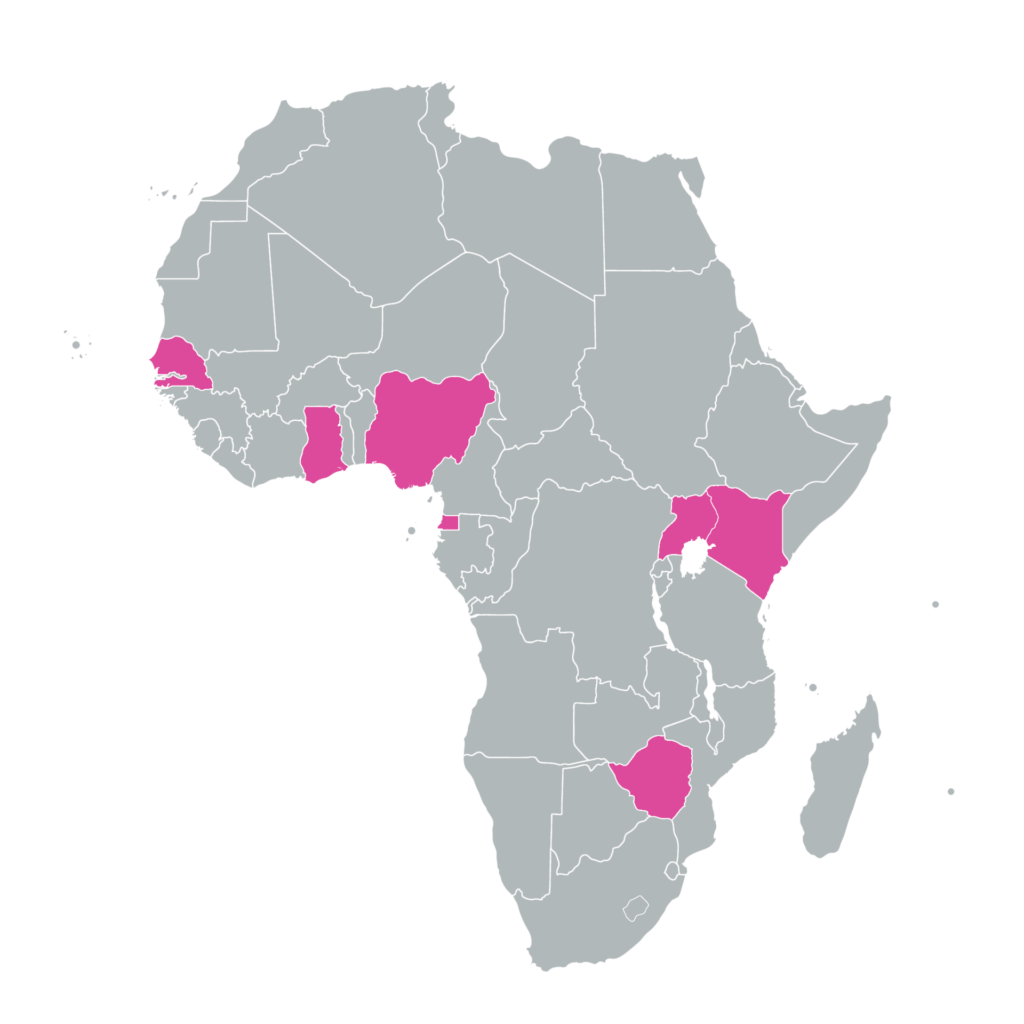Our Projects
BBALP’s goal is to assist the rural poor of Africa with the creation of village libraries, making libraries accessible to all the communities in Africa.
Campaign 2010-2015
With a book you will never be alone
Our goal is to build 5 libraries by the end of 2021. Our first library was built in Kokofu, Ghana, 2010.
We will assist the rural poor of Africa by helping create village libraries that are energy and technologically efficient.
The BBALP programs use a four-pronged approach in the establishment and support of our Literacy Project. As part of the program, we:
- Supply the resources necessary to establish a Reading Room and improve educational opportunities.
- Enlist community co-investment to ensure long-term sustainability of the project.
- Build the capacity of librarians to manage and maintain the libraries, in addition to providing activities for students and library users.
- Provide ongoing monitoring and support.
Our work would consist in the next five years:
- To build five new libraries
- To ship donated and collected books
- To provide librarian salaries
- To fill up existing village libraries, schools, and universities in Africa with the collected books
- To sponsor librarian training, library outreach, and library advocacy
A clean energy, efficiency project
BBALP’s goal is to assist the rural poor of Africa with the creation of village libraries, making libraries accessible to all the communities in Africa
BBALP will build or refurbish community-donated buildings, transforming them into a space to read and study with solar energy systems in areas where this technology is allowed.
The aim of the project is to increase renewable energies, and to make people aware of the existence of photovoltaic solar energy. One square meter of space in a traditionally-designed building consumes 220 kilowatt-hours of electricity per year, but the same space in a solar building only uses 70 kilowatt-hours, less than one-third of the energy.
We want to make sure people have a place to go and enjoy reading without worrying about electricity shortages.

Separate room libraries
Mobile cart libraries
Newly constructed libraries
Shared classroom libraries
Library Operations
We plan to establish different types of libraries based on the specific needs and constraints of each community. Some examples include providing the following operations.
Despite the differences in how they look and function, their objectives are the same – to increase access to and usage of library resources, and to build the capacity of teachers and administrators to ensure the libraries are well run and that the resources are integrated into the teaching and learning environment.
In each library, we seek to create a child-friendly learning environment filled with high quality, grade-appropriate books, magazines, games, posters, puzzles, and other fun and educational materials that motivate children to read and learn.
Village libraries typically will hold a collection of one or two thousand books, with titles in English, French, Arabic, Spanish and local languages.
The typical library should have a reading room, a community space, and an office for the librarian. When possible BBALP will provide libraries with Information Technology Centers that will be linked to the libraries.
BBALP will sponsor librarian training and provide salaries for the local librarian, which will create employment opportunities in the region. In addition to paying the librarian’s salary and on-going maintenance of the library; BBALP will also help train library staff to implement reading programs, seminars, and other activities at their location
Structuring networks of public reading at the libraries and schools is also one of our goals! BBALP lays the framework for community-run lending libraries with open stacks of books and free Internet access.
Leadership training and community service are key components of the BBALP model.
The goal of the BBALP is to build a permanent bridge that allows the most vulnerable populations in Africa to cross into the global economy. To stimulate the region’s human talent and advance its human capacity – a transformation that can only occur with tolerant access to information.
BBALP will be based in communities that not only have needs but aspirations! These are places where libraries can flourish as practical tools to encourage literacy, boost information access, and enable communities to participate in their own development (to empower youths to become agents for sustainable change).
Type of books we need for our libraries
- Agriculture
- African Studies
- Arts & Architecture
- Engineering
- Finance & Economy
- Geography
- History ( African and World History)
- Information Technology
- Management & Human Resources Development
- Marketing, public relations
- Mathematics
- Religion
- Social Sciences
- Tourism
- Quick Reference Books
- Professionals
- Journals
- Leisure reading
- Reference, fiction, and non-fiction books
- Children’s books, magazine, games
Where We Work
- Ghana
- Equatorial Guinea
- Zimbabwe
- Kenya
- Uganda
- Nigeria
- Senegal

The challenges we might face
Most countries in Africa have no publishing industry, and most cities don’t have a bookstore. In fact most Africans are reluctant readers, because they have nothing to read except a few old textbooks. It’s a tough scenario for library development: No books, few teachers or librarians, isolated efforts, and reluctant readers. Most international conferences focus on how to create online libraries that enter the digital era. That’s important for the global market, but its irrelevant to the majority of Africans who live in areas without electricity.
Shipping books is not enough to make a library thrive. A crucial role is played by African partner organizations, African teacher-librarians, and African community members to ensure that libraries are well-run and that the books are widely circulated, and enjoyed.
The BBALP will monitor and evaluate each library’s management to ensure that we work effectively toward our goals and objectives.
